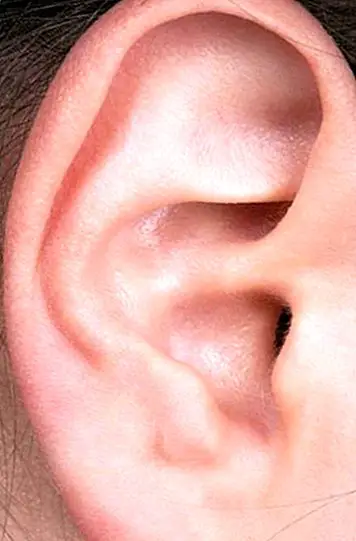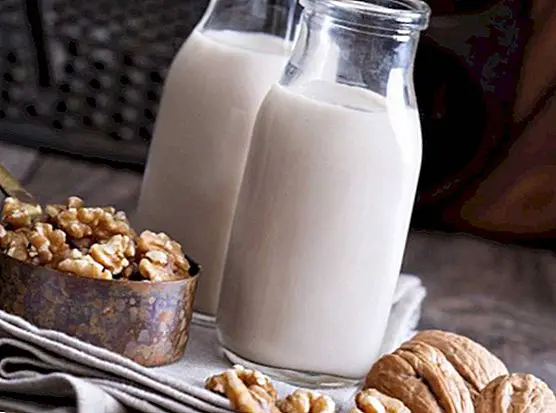Swiss chard: high folate content
In different parts of the world, the chard It comes to be a vegetable that is very used by many people daily, since they have a series of important gastronomic and nutritional qualities, as we will see in detail throughout this article.

Not in vain, it is a vegetable that should not be missing in many slimming diets, because ingesting it incorporates very few calories into our body.
Of course, at the time of acquiring it, it is necessary to know that there are different varieties: Seakale Beet (which has greenish and wrinkled leaves and whitish pads), Ruby Chard and Rainbow Chard (with reddish and thick pads).
But as you can imagine, the importance of this vegetable does not derive precisely in the varieties that may or may not exist, but in the benefits and properties of Swiss chard.
Benefits and properties of Swiss chard
The chard They stand out for their high content of vitamins (especially beta-carotene) and minerals (especially magnesium, potassium and iodine), although their fiber content is equally important, being ideal -for example- in intestinal transit problems such as constipation.
According to recent studies, chard is one of the foods that contains more folates, which are vitamins that act directly on the production of red and white blood cells, as well as in the formation of antibodies and in the synthesis of genetic material.
For all this, chard is ideal for inflammations of the kidneys ( purification of the kidneys), various liver problems, skin diseases, asthma, vomiting of blood, or skin problems. This article is published for informational purposes only. You can not and should not replace the consultation with a Nutritionist. We advise you to consult your trusted Nutritionist. ThemesFoods



